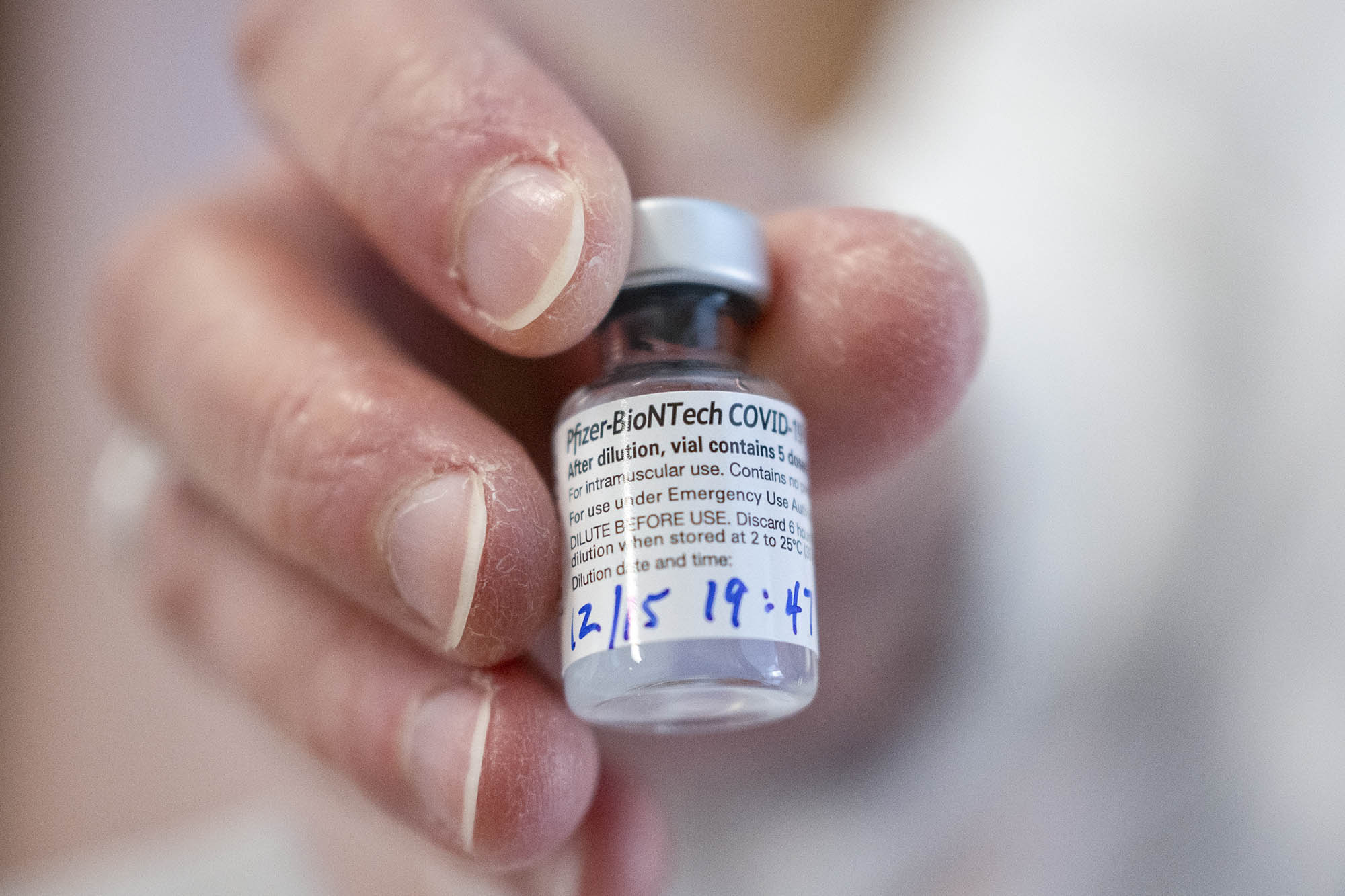Over the past six weeks, Americans have had to face a difficult truth: The COVID-19 virus is not going away anytime soon. State and local health agencies reported 156,296 new cases on Thursday, a 24% increase over the past two weeks. The delta variant of the virus, formally known as B.1.617.2, accounted for about 98.8% of COVID-19 new cases as of Aug. 21, according to the Centers for Disease Control.
Vaccines remain highly effective against the virus – a CDC report published Tuesday stated that unvaccinated people are about 29 times more likely to be hospitalized with COVID-19 than those who are fully vaccinated. However, vaccine effectiveness has dropped as the delta variant has spread.
Earlier this month President Joe Biden’s administration announced it plans to offer Americans booster shots of the Pfizer and Moderna mRNA vaccines beginning Sept. 20.
“We’ve learned over and over again: If you wait until you see real trouble starting, you’ve waited too late. We want to be a step ahead of it,” Francis Collins, director of the National Institutes for Health and a University of Virginia alumnus, told the Washington Post two days after the announcement.
We asked Dr. William Petri to tell us more about the reasoning behind the booster shot plan and how the shots work in our immune systems. Petri is a chaired professor of infectious diseases and international health at UVA and vice chair for research in the Department of Medicine. His lab has been studying the effects of COVID-19 on the immune system for more than a year, seeking new treatments and researching vaccine possibilities.
Here’s what he has to say about the booster shots, the delta variant and breakthrough infections.
Q. First off, tell us about “booster shots” – is this just the third shot of the COVID-19 vaccination? What can booster shots do for our immune system against COVID-19?
A. Booster shots of the Pfizer and Moderna mRNA vaccines are a third dose of the same vaccine that was given with the first two shots, and are planned to be given eight months after completion of the original two doses. Booster shots stimulate the memory B and T cells of the immune system to have a stronger response to a future infection. Booster shots are given for most vaccines; for example, the tetanus shot is boosted every 10 years. The booster shot essentially helps the immune system to remember the infection.
In contrast, a third dose (not a booster dose) of the Pfizer and Moderna vaccines is recommended for immunocompromised individuals (solid organ or stem cell transplant recipients, those receiving active cancer treatment for tumors or cancers of the blood, those on doses of prednisone of 20 milligrams a day or more or other drugs that suppress the immune system, and those with primary and secondary immunodeficiencies).

Dr. William Petri is a chaired professor of infectious diseases and international health at UVA and vice chair for research in the Department of Medicine. (Photo by Dan Addison, University Communications)
Q. On what grounds did U.S. health authorities come to the decision to conduct booster shots for Americans? What is the data behind the decision?
A. Vaccine effectiveness is waning in the setting of the delta infection.
In one example in residents of nursing homes in the U.S., the mRNA vaccines were 74% effective at preventing COVID-19 before the delta variant, which fell to 53% efficacy after delta.
In another example of health care workers in the U.S., the Pfizer-BioNTech and Moderna mRNA COVID-19 vaccines were 91% effective in preventing symptomatic and asymptomatic infection with SARS-CoV-2 before delta, and this fell to 66% during delta.
This decrease in effectiveness is likely a combination of the delta variant being more difficult to prevent with the vaccine, and the memory response of the immune system to the vaccine waning over time. The good news is that the vaccine still is 50% to 66% effective, and that vaccine boosters will soon be available.
Q. Is this booster shot only applied for those who have been vaccinated with Pfizer or Moderna? What about those who have gotten the Johnson & Johnson’s vaccine?
A. Right now we know that booster shots are needed for the Pfizer and Moderna vaccines; we do not know if they are needed for the AstraZeneca or Johnson & Johnson vaccines, which are not mRNA vaccines, but are made on an adenovirus or common cold virus platform. It is likely that booster shots will be needed, and there are clinical studies that will be released next month that will help to decide this.
Q. According to the CDC recommendation, “anyone who is at least eight months out from their second shots” are subject to booster shots. Why eight months? Is there any special reason behind this number?
A. Eight months is not sacrosanct. Israel, for example, has used five months. Eight months is based on the fact that we are seeing more breakthrough cases today in the first groups who received vaccine at the beginning of 2021, which was eight months ago.










